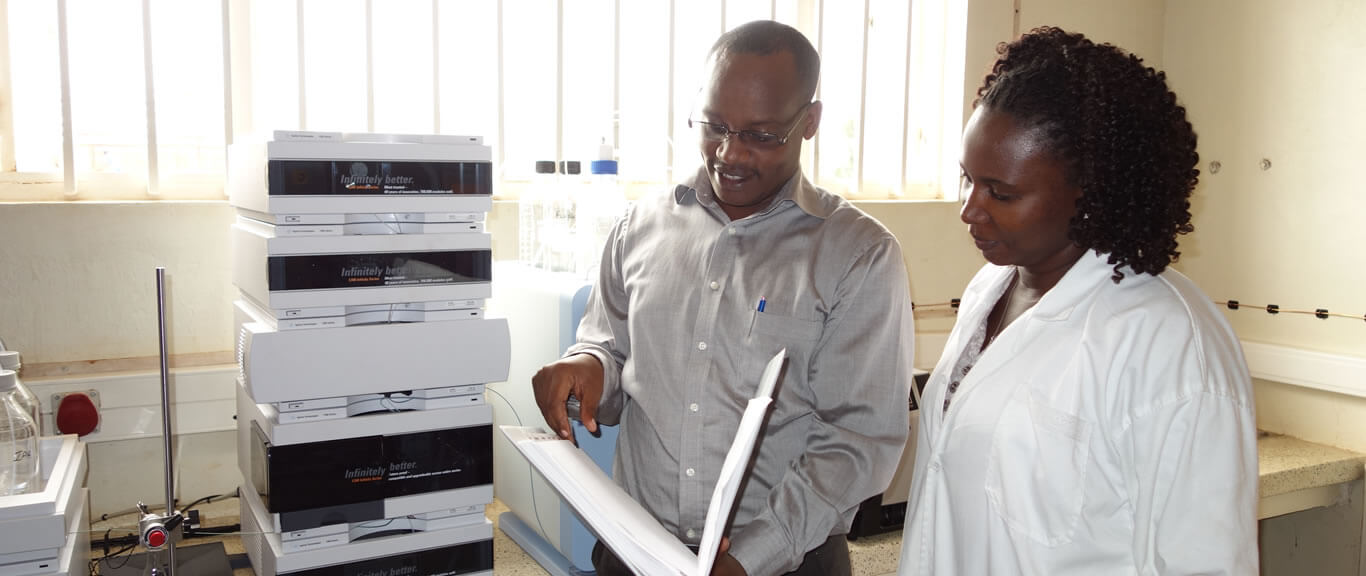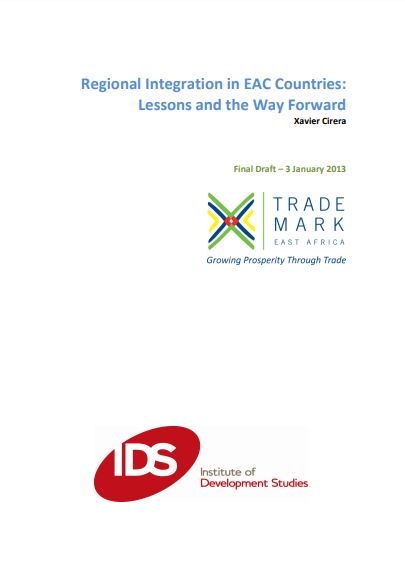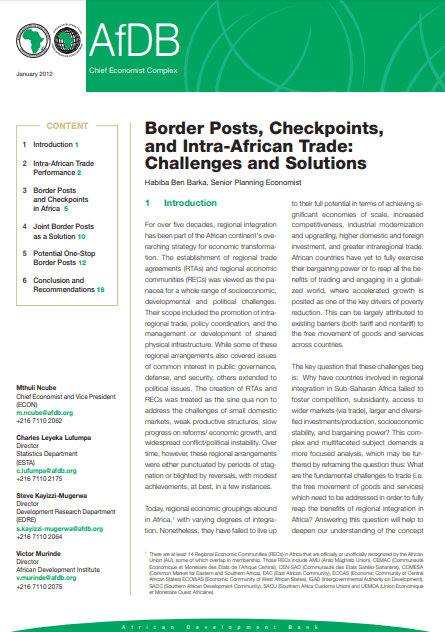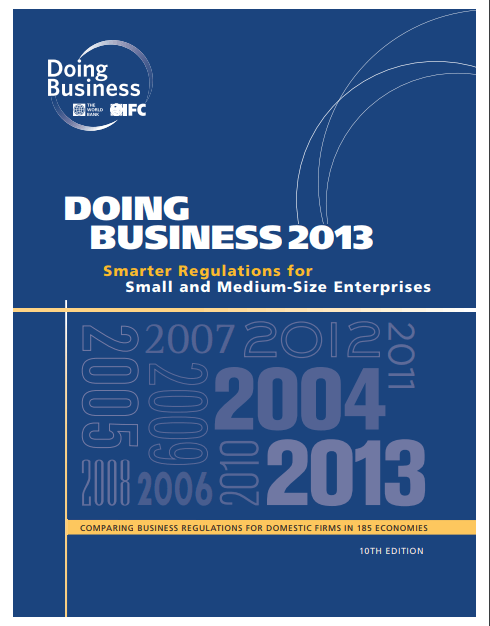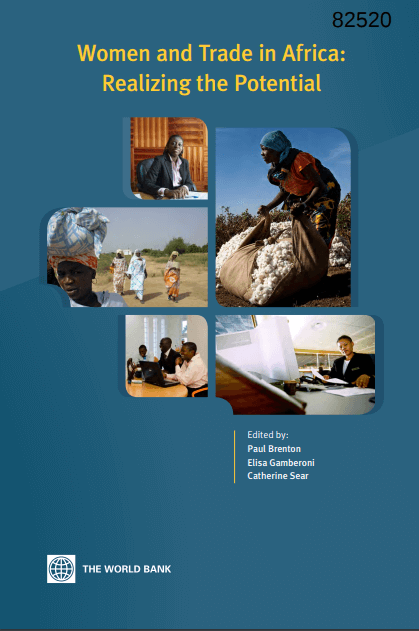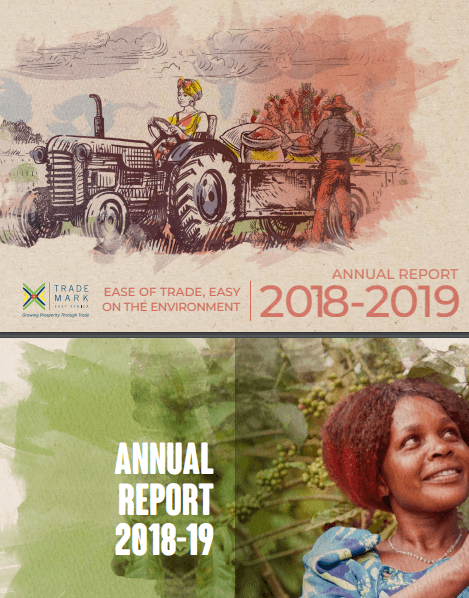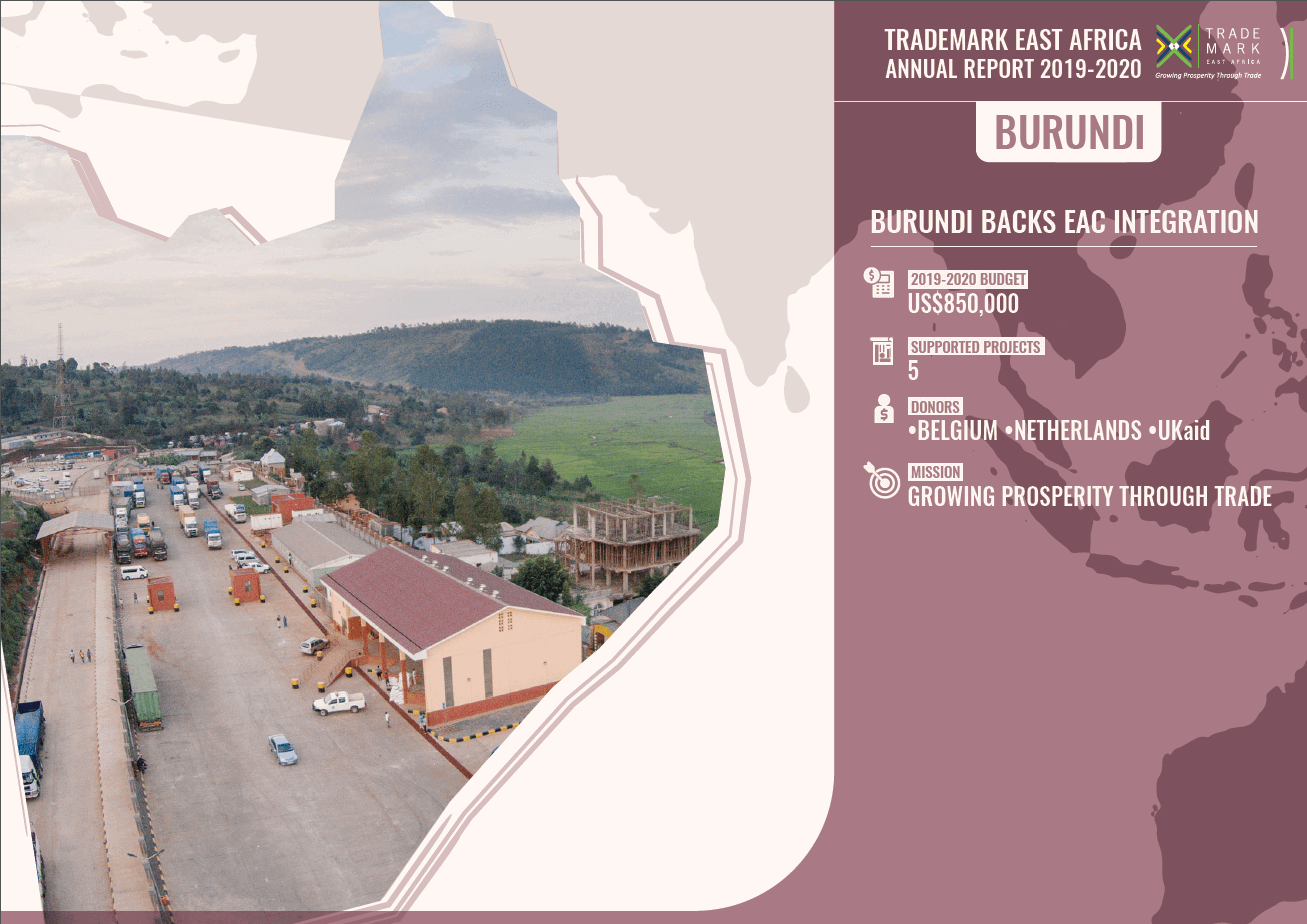[vc_row][vc_column][custom_inner_menus select_menu="project"][/vc_column][/vc_row][vc_row][vc_column][single_project_block_1 heading="Integrated Trade Management Systems – Rwanda Air Cargo Community System" implementor="TMA RRA; RSB; RDB; RURA; RALIS; RFDA; Rwanda Immigration; RCAA; RAB; NAEB; Logistics Services Providers Operating at Rwanda’s International Airports; Shippers and their Agents" target_group="Rwanda" project_value="$,000,000.00(No RCP Budgets Allocated) – Activities will leverage on Implementation the Cargo Community System in Uganda" implementation_period="2019-2023" download_btn_text="Download Project PDF" download_btn_link="#url"]The Rwanda Air Cargo Community System project aims to set up a robust community system that will enable: Better coordination and cooperation between actors involved in air cargo handling and clearance; Improved information sharing and data exchange among air cargo actors; Improve efficiency and effectiveness of actors, processes and procedures used in the handling and clearance of air cargo in Rwanda; Most cargo moved via air into or out of Rwanda are either high value commodities like rare and light minerals; perishables like vegetables, fruits and flowers; emergency medicines and medical products such as vaccines rare blood types etc. Having an efficient process to handle and clear these goods will make it easier to move these kinds of commodities in and out of Rwanda. Some of the benefits of the implementation shall include: Reduction in time and cost to handle and clear air cargo in Rwanda; Increased visibility and transparency in the handling and clearance of air cargo in Rwanda; Improved coordination and cooperation between actors involved in the handling and clearance of air cargo in Rwanda; What: The following are the main interventions/solutions being done: Implementation of Single Information Platform (Single Window)...
Integrated Trade Management Systems – Rwanda Air Cargo Community System
Posted on: June 4, 2019
Posted on: June 4, 2019


